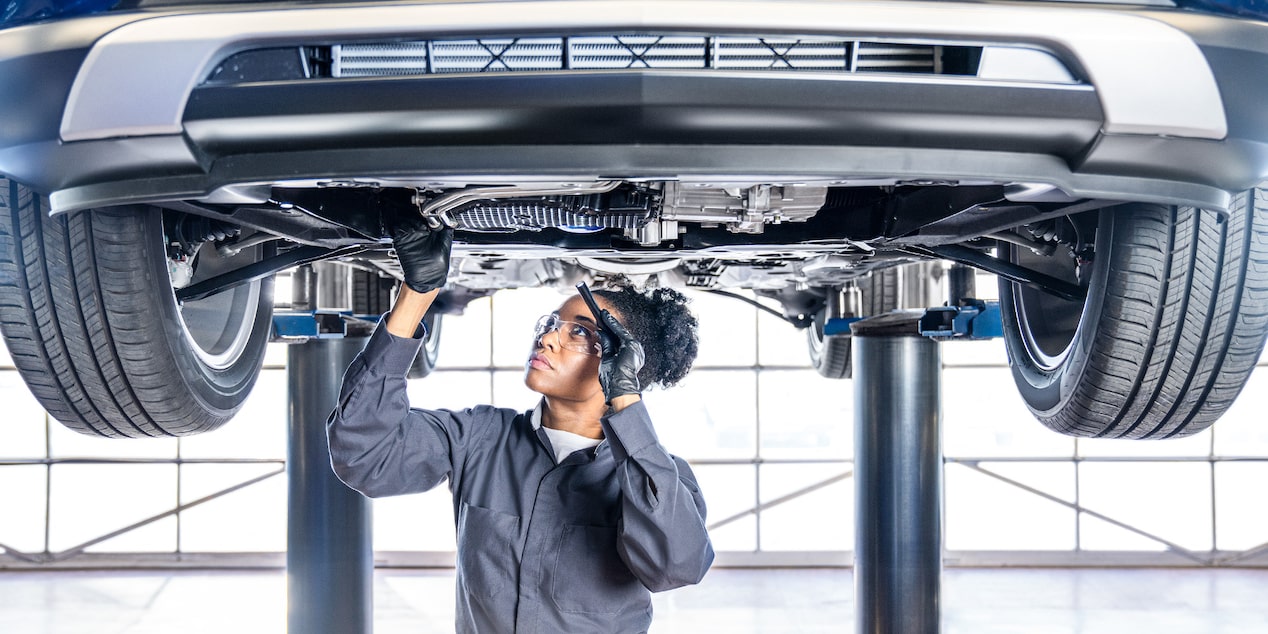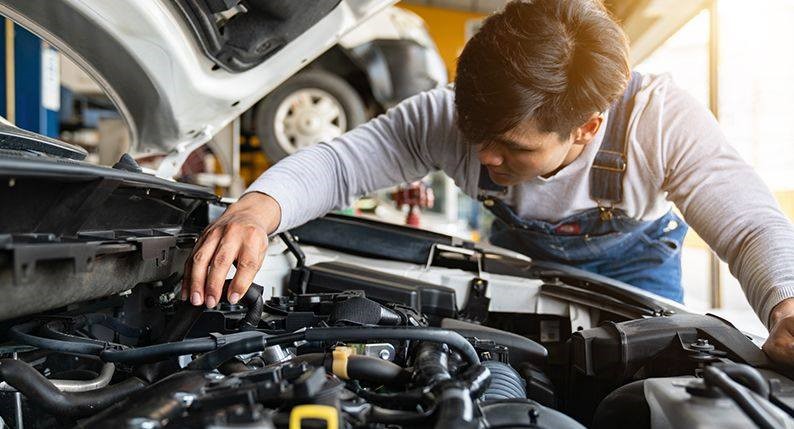All Categories
Featured
Unanticipated vehicle repairs can interrupt your funds, making automobile repair insurance policy an appealing alternative for lots of vehicle drivers. Whether you're a brand-new cars and truck owner or handling an older automobile, recognizing the details of automotive repair insurance policy and coverage is essential for making notified decisions.
What Is Automotive Repair Service Insurance Coverage?
Automotive repair work insurance policy, usually called mechanical break down insurance (MBI), is a plan created to cover the expenses of repairing or changing car components after a breakdown. Unlike common vehicle insurance coverage, which attends to accident-related damages, repair work insurance coverage concentrates on mechanical issues unrelated to collisions.
What Does It Cover?
The details insurance coverage differs relying on the plan and the insurer you choose. Typically, fixing insurance policy covers:
Engine Repairs: Consisting of components like the timing belt, pistons, and cylinder heads.
Transmission Repairs: Covering the transmission and related components.
Electrical System: Attending to issues with generators, starters, and onboard computer systems.
Cooling and Heating Solutions: Such as radiators, thermostats, and air conditioning systems.
![]()
Steering and Suspension: Consisting of shocks, struts, and power guiding mechanisms.
However, policies usually omit regular maintenance, wear-and-tear products like brake pads or tires, and aesthetic problems.
![]()
That Demands Automotive Repair Work Insurance Policy?
While repair service insurance isn't compulsory, it can be advantageous for:
Proprietors of Older Autos: If your auto is out of warranty, repair service insurance coverage can provide comfort versus expensive failures.
Frequent Travelers: High-mileage drivers are more probable to experience mechanical problems, making insurance coverage a beneficial investment.
Vehicle Drivers of Expensive Models: Luxury or specialized vehicles commonly have higher repair service expenses, which can be alleviated by insurance policy.
Trick Advantages
Financial Protection: Assists stay clear of big, unexpected repair bills.
Versatility: Policies can be tailored to cover particular parts or systems.
Comfort: Decreases tension about possible break downs.
Considerations Prior To Acquiring
Prior to committing to an auto repair insurance plan, take into consideration these elements:
Plan Conditions: Review what is and isn't covered to avoid surprises during a case.
Deductibles: Recognize the out-of-pocket expenses you'll need to pay prior to coverage kicks in.
![]()
Service Center Options: Some insurance providers require you to use specific repair work centers, which can be troublesome.
Premium Costs: Evaluate the yearly expense of the policy against the likelihood of needing significant repair work.
Existing Guarantee: Check if your car's supplier or supplier guarantee currently provides enough insurance coverage.
Last Thoughts
Automotive repair work insurance coverage can be a useful protect, specifically for vehicle drivers concerned about the high expenses of unanticipated repair work. By thoroughly reviewing plan alternatives and straightening them with your driving behaviors and vehicle demands, you can decide if this insurance coverage is ideal for you. For added defense, constantly keep routine automobile servicing to reduce failure threats and maximize your insurance coverage benefits.
What Is Automotive Repair Service Insurance Coverage?
Automotive repair work insurance policy, usually called mechanical break down insurance (MBI), is a plan created to cover the expenses of repairing or changing car components after a breakdown. Unlike common vehicle insurance coverage, which attends to accident-related damages, repair work insurance coverage concentrates on mechanical issues unrelated to collisions.
What Does It Cover?
The details insurance coverage differs relying on the plan and the insurer you choose. Typically, fixing insurance policy covers:
Engine Repairs: Consisting of components like the timing belt, pistons, and cylinder heads.
Transmission Repairs: Covering the transmission and related components.
Electrical System: Attending to issues with generators, starters, and onboard computer systems.
Cooling and Heating Solutions: Such as radiators, thermostats, and air conditioning systems.

Steering and Suspension: Consisting of shocks, struts, and power guiding mechanisms.
However, policies usually omit regular maintenance, wear-and-tear products like brake pads or tires, and aesthetic problems.

That Demands Automotive Repair Work Insurance Policy?
While repair service insurance isn't compulsory, it can be advantageous for:
Proprietors of Older Autos: If your auto is out of warranty, repair service insurance coverage can provide comfort versus expensive failures.
Frequent Travelers: High-mileage drivers are more probable to experience mechanical problems, making insurance coverage a beneficial investment.
Vehicle Drivers of Expensive Models: Luxury or specialized vehicles commonly have higher repair service expenses, which can be alleviated by insurance policy.
Trick Advantages
Financial Protection: Assists stay clear of big, unexpected repair bills.
Versatility: Policies can be tailored to cover particular parts or systems.
Comfort: Decreases tension about possible break downs.
Considerations Prior To Acquiring
Prior to committing to an auto repair insurance plan, take into consideration these elements:
Plan Conditions: Review what is and isn't covered to avoid surprises during a case.
Deductibles: Recognize the out-of-pocket expenses you'll need to pay prior to coverage kicks in.

Service Center Options: Some insurance providers require you to use specific repair work centers, which can be troublesome.
Premium Costs: Evaluate the yearly expense of the policy against the likelihood of needing significant repair work.
Existing Guarantee: Check if your car's supplier or supplier guarantee currently provides enough insurance coverage.
Last Thoughts
Automotive repair work insurance coverage can be a useful protect, specifically for vehicle drivers concerned about the high expenses of unanticipated repair work. By thoroughly reviewing plan alternatives and straightening them with your driving behaviors and vehicle demands, you can decide if this insurance coverage is ideal for you. For added defense, constantly keep routine automobile servicing to reduce failure threats and maximize your insurance coverage benefits.
Latest Posts
Check Out Top Car Repair Services at Montclare Auto Repair – Expert Care for Your Vehicle
Published Jun 01, 25
1 min read
Why Consistent Car Maintenance at Montclare Auto Repair Reduces Costs
Published May 30, 25
1 min read
Find the Greatest Auto Repair Offers in Montclare, Chicago
Published May 27, 25
1 min read
More
Latest Posts
Check Out Top Car Repair Services at Montclare Auto Repair – Expert Care for Your Vehicle
Published Jun 01, 25
1 min read
Why Consistent Car Maintenance at Montclare Auto Repair Reduces Costs
Published May 30, 25
1 min read
Find the Greatest Auto Repair Offers in Montclare, Chicago
Published May 27, 25
1 min read